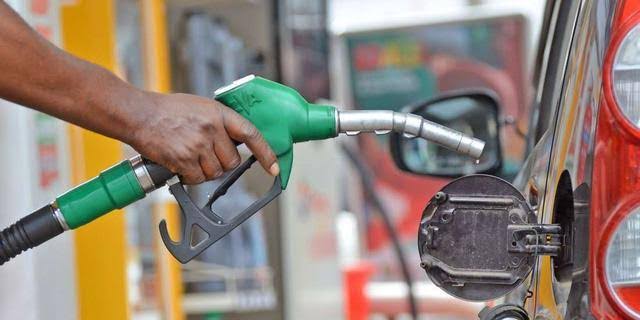Filling stations across Nigeria have seen a steep rise in fuel prices, particularly at outlets operated by independent marketers, exceeding the bands approved by the Federal Government. Premium Motor Spirit (PMS), commonly known as petrol, is now being sold as high as N685 per litre in some northern states, much to the dismay of consumers. This recent price surge comes in the wake of President Bola Tinubu’s announcement on May 30, 2023, declaring the end of fuel subsidies, which led to a rapid escalation in petrol prices.
In July, the Nigerian National Petroleum Company Limited (NNPCL), the country’s sole importer of petrol, raised pump prices from N537 to N550 per litre to N617 per litre in filling stations across Abuja and various northern states. In other regions, the price of PMS increased from N488 to around N580 per litre in Lagos and other South-West states, and from N515 to approximately N600 per litre in the South-South.
Oil marketers noted that any shift in price by NNPCL stations was indicative of an approved increase in petrol prices by the Federal Government. NNPCL, being a national oil company, is also the major importer of petrol. Consequently, when NNPCL raises its price, other marketers tend to adjust theirs accordingly.
However, despite the approved bands, it has been observed that several independent dealers have been selling petrol at prices considerably higher than the N617 per litre and N580 per litre bands set for the North and South, respectively. In some northern states, such as Sokoto and Taraba, prices have surged as high as N685 per litre. In Abuja, independent dealers raised their pump prices to as much as N630 per litre, while black marketers were seen selling petrol at approximately N850 per litre in jerrycans.
Furthermore, in Lagos, a significant number of filling stations, including those owned by NNPCL, were closed on Sunday, as prices soared to between N600 and N620 per litre in retail outlets operated by independent marketers. Some outlets belonging to the NNPCL and other independent marketers did not have any fuel products available.
The situation is not different in several other states. In Delta State, petrol prices range from N615 to N650 per litre, with fuel stations owned by major marketers selling at N615 per litre, while others charge between N620 and N650 per litre. Dealers attribute these frequent price changes to signals from their headquarters, forcing them to comply with adjustments.
In Bayelsa State, petrol costs between N620 and N650 per litre. Some filling stations in Yenagoa and its environs have been selling petrol at various rates, including N620, N630, N640, and N650 per litre. A commercial tricycle rider in the state expressed his dissatisfaction with the soaring prices, reflecting the general sentiment of Nigerians.
The erratic fuel prices and scarcity have raised concerns among consumers and businesses alike, with the blame shifting towards the inability of other marketers to access the U.S. dollars necessary for fuel imports. The situation remains a critical issue for Nigeria’s economy, and many are eagerly awaiting further government intervention to stabilize fuel prices and ensure a reliable supply.











